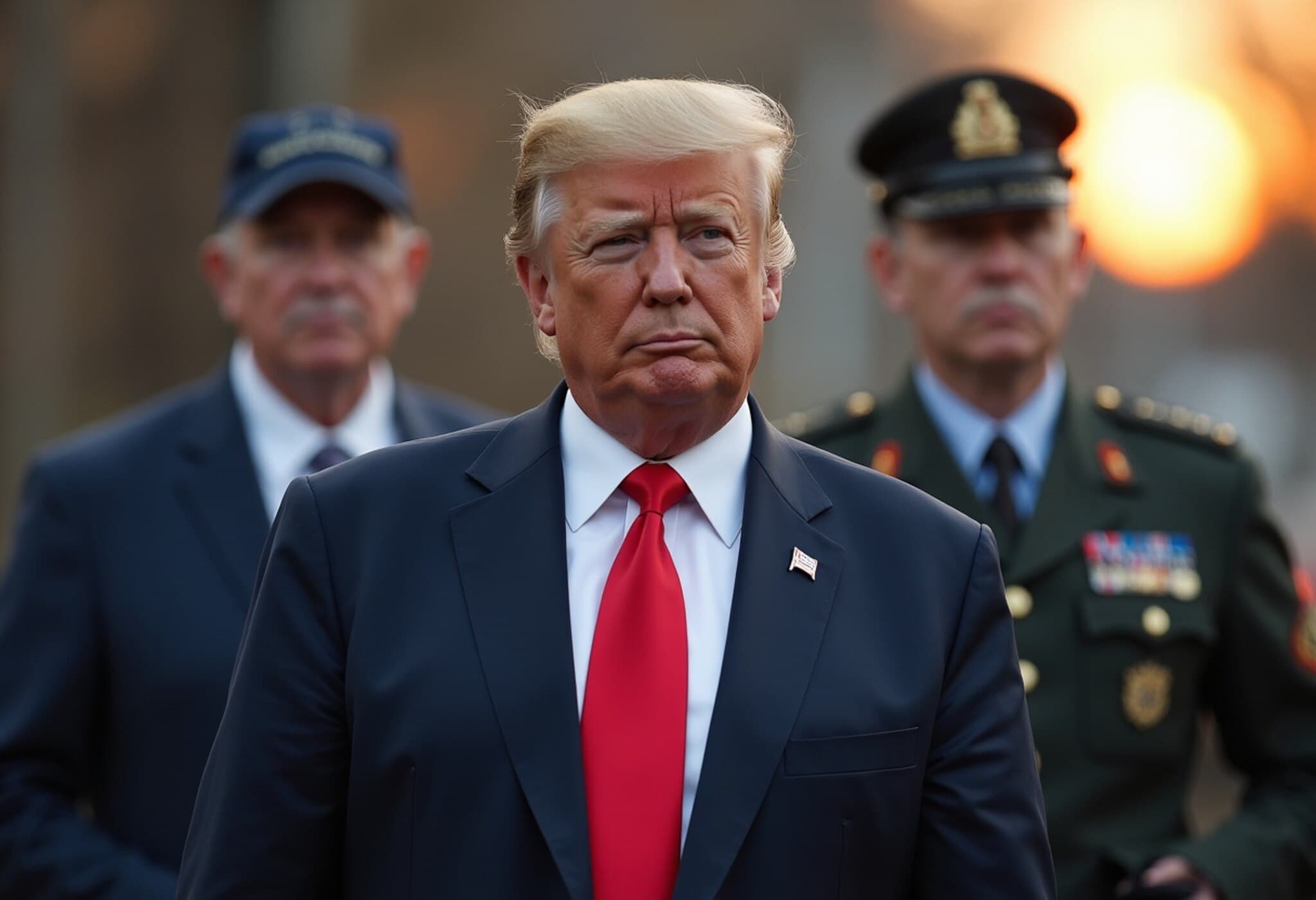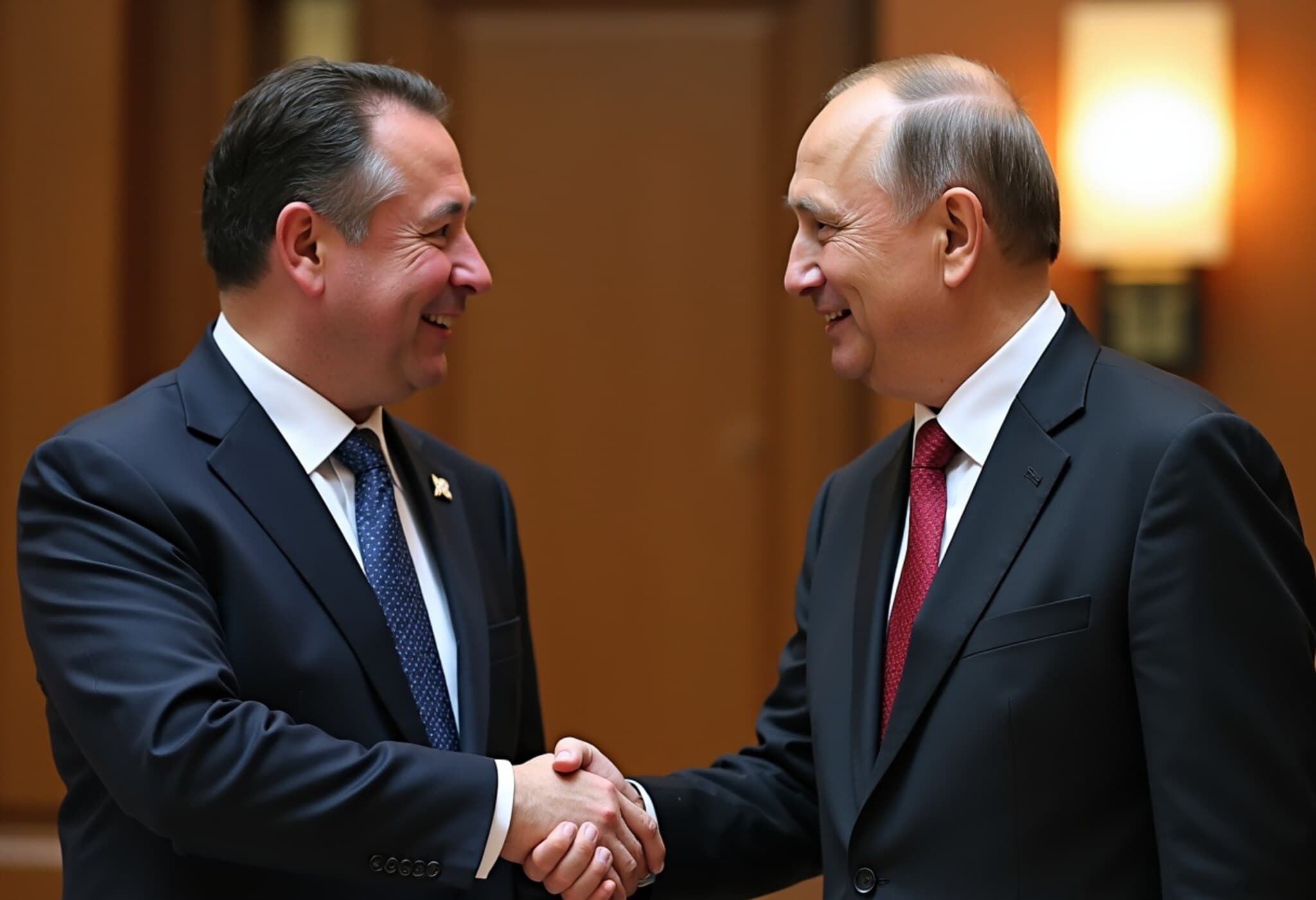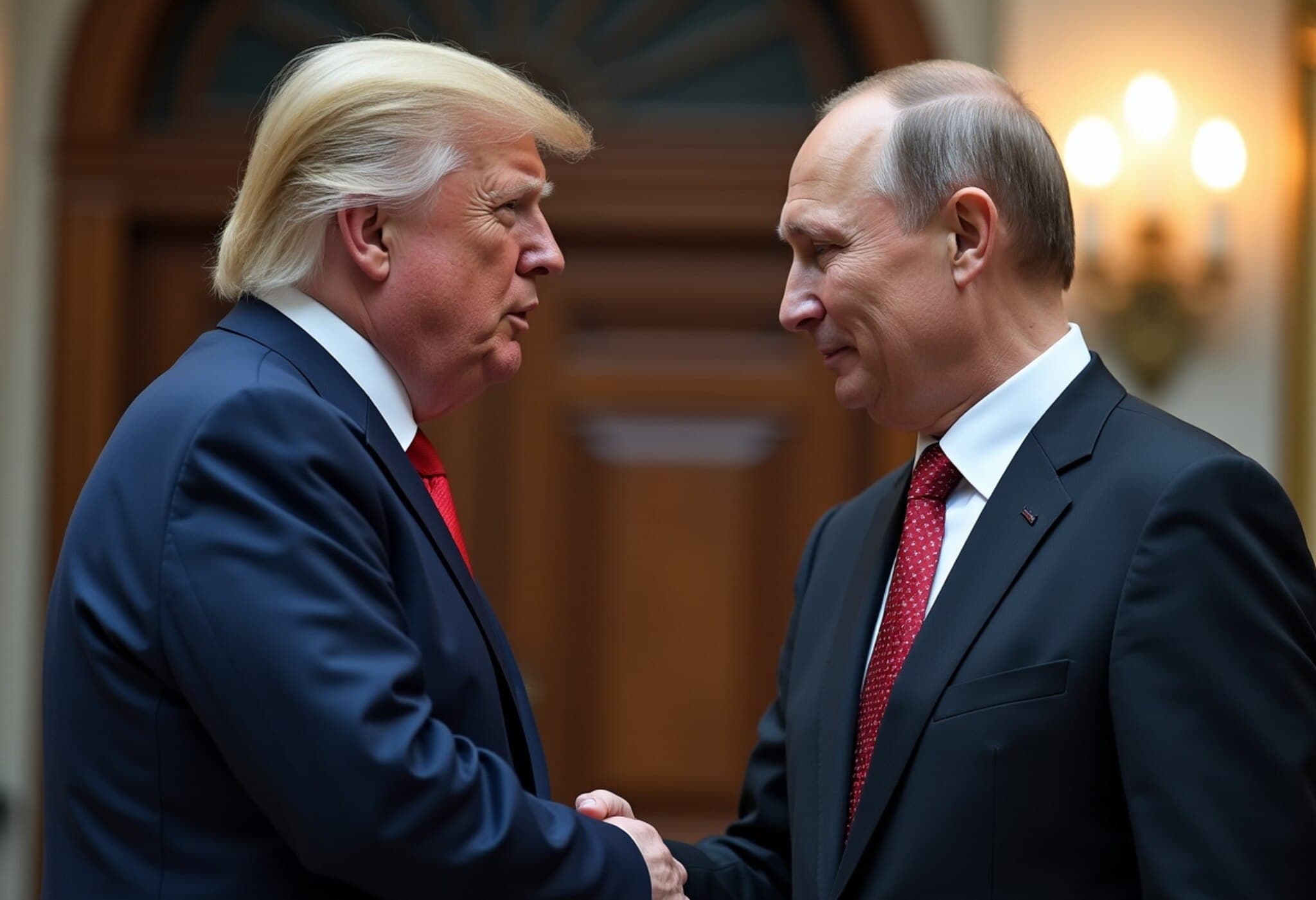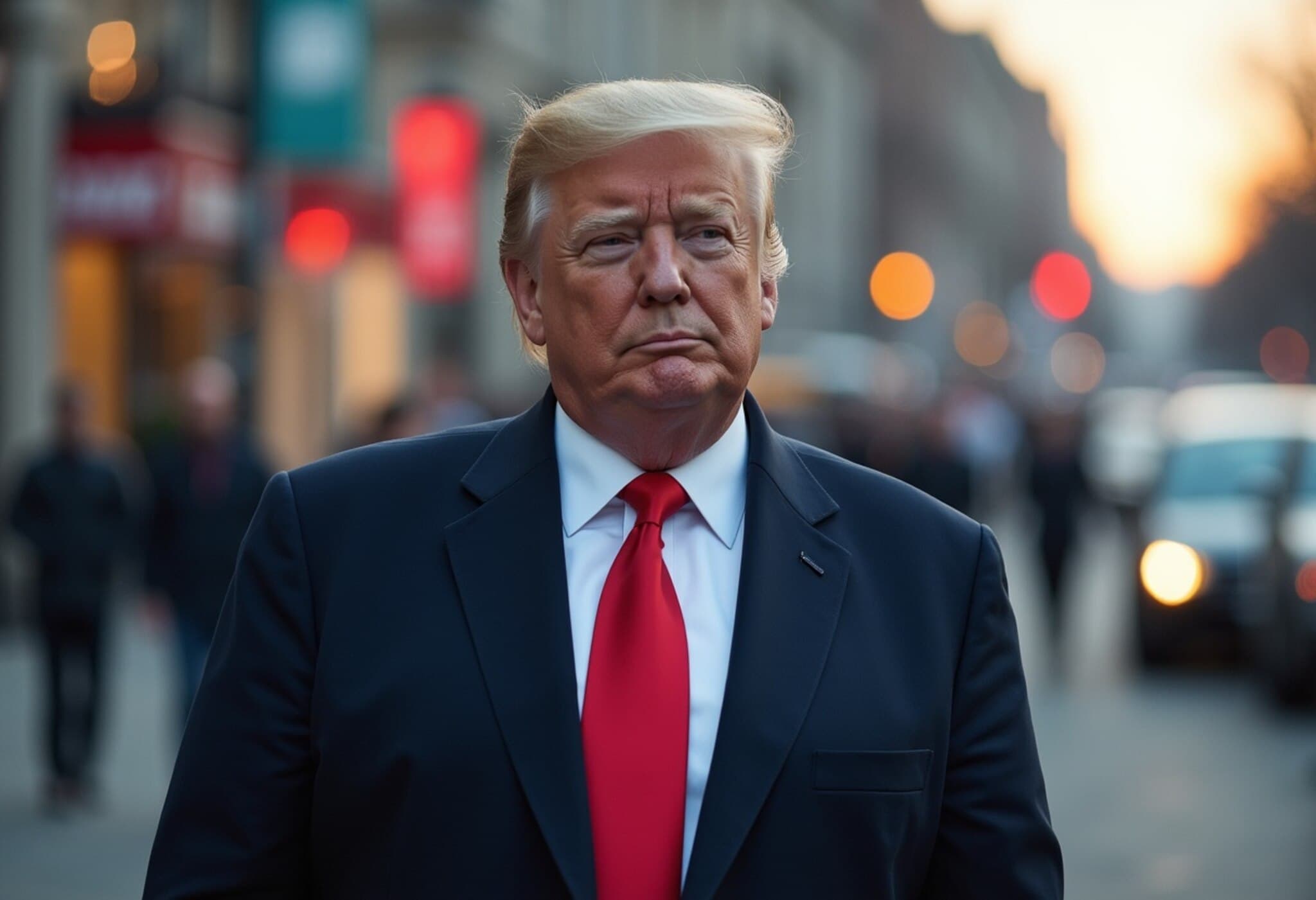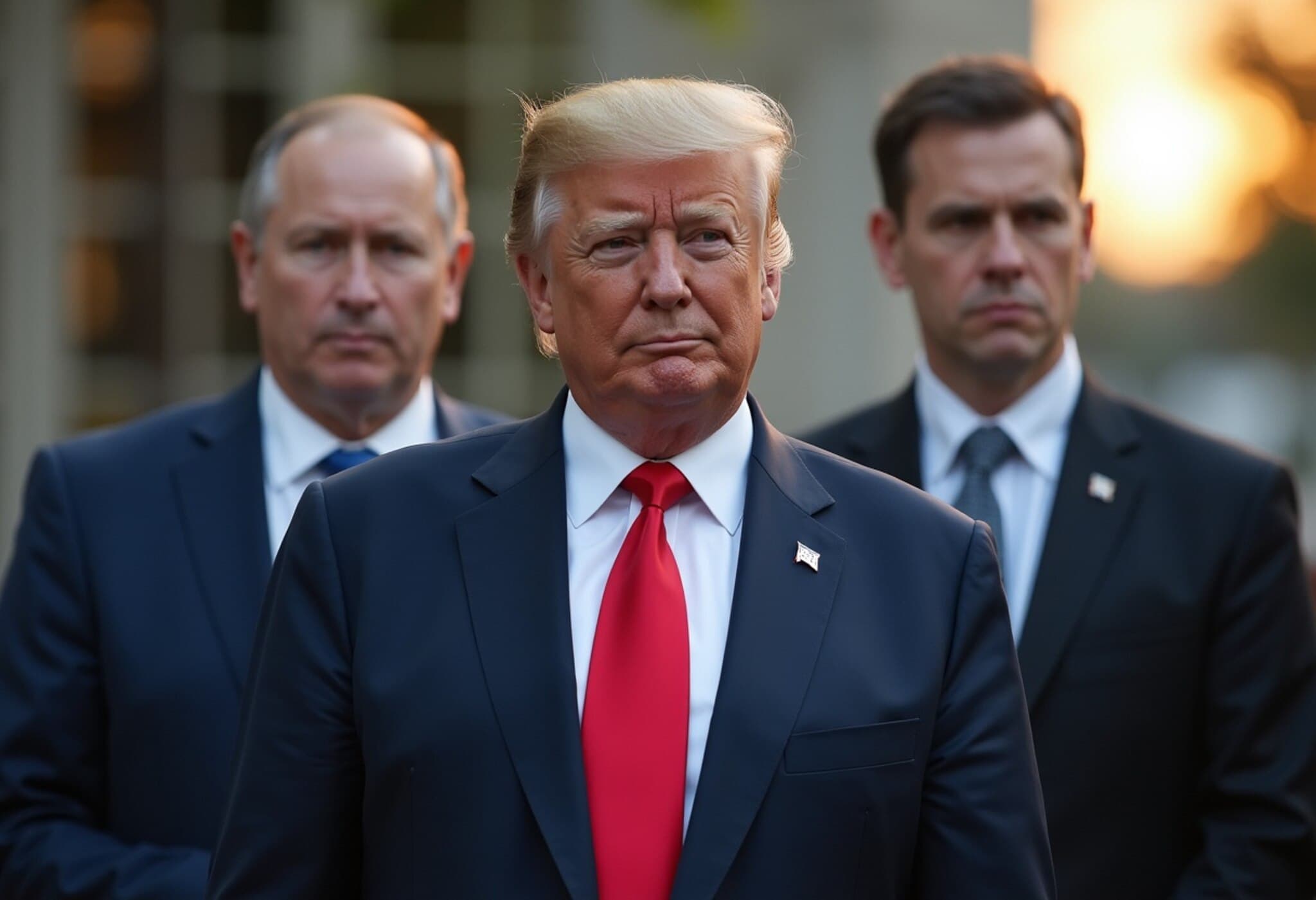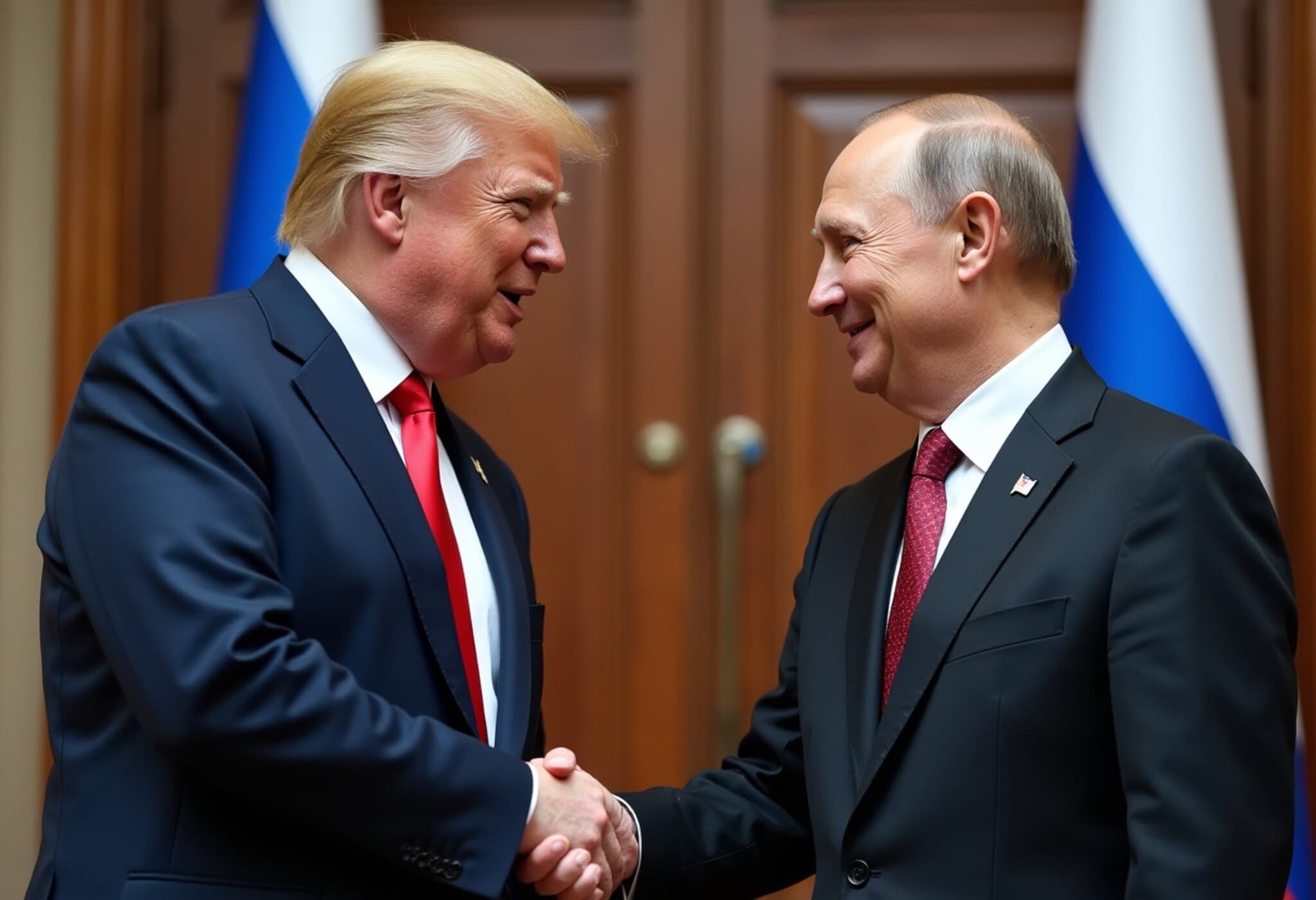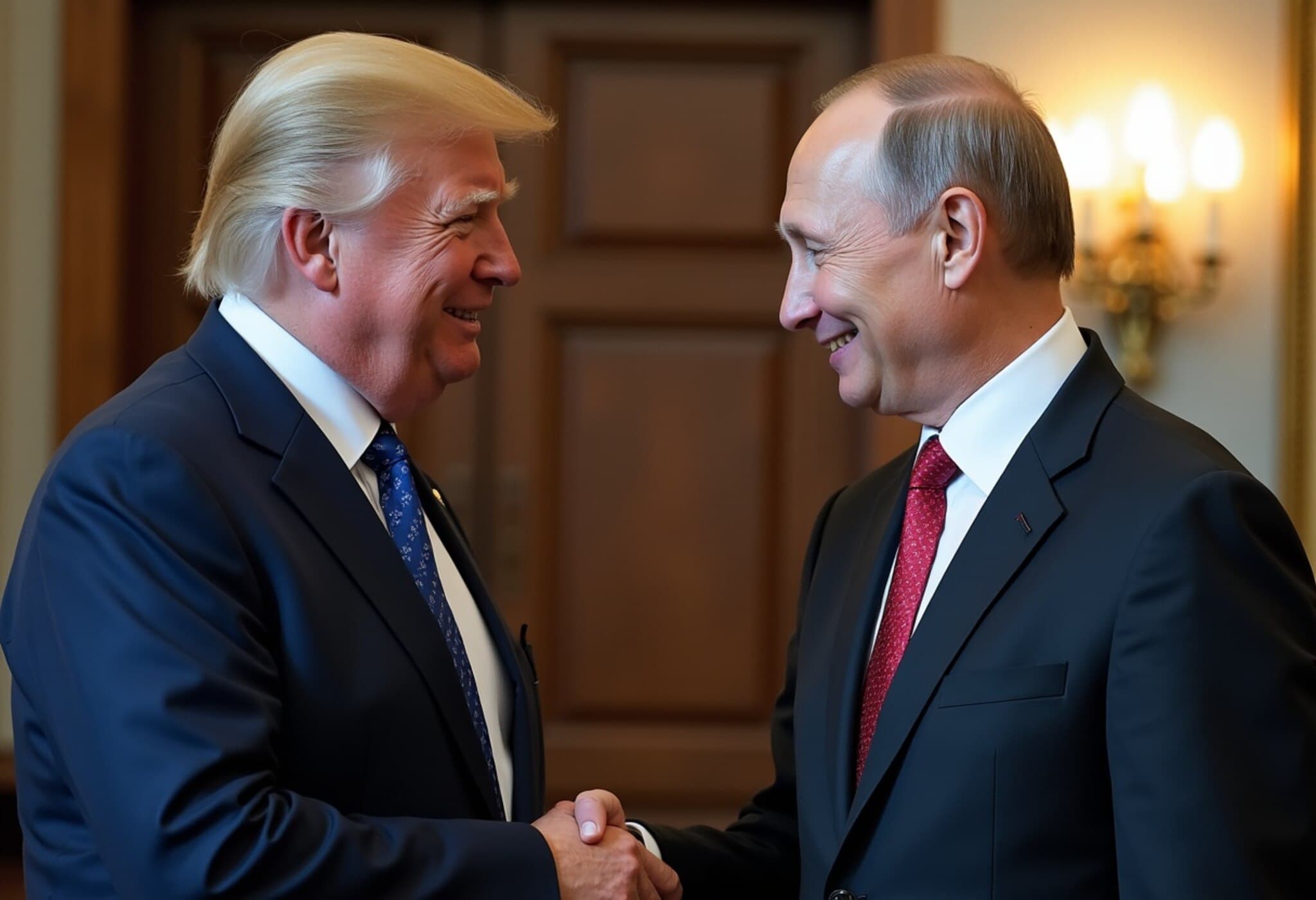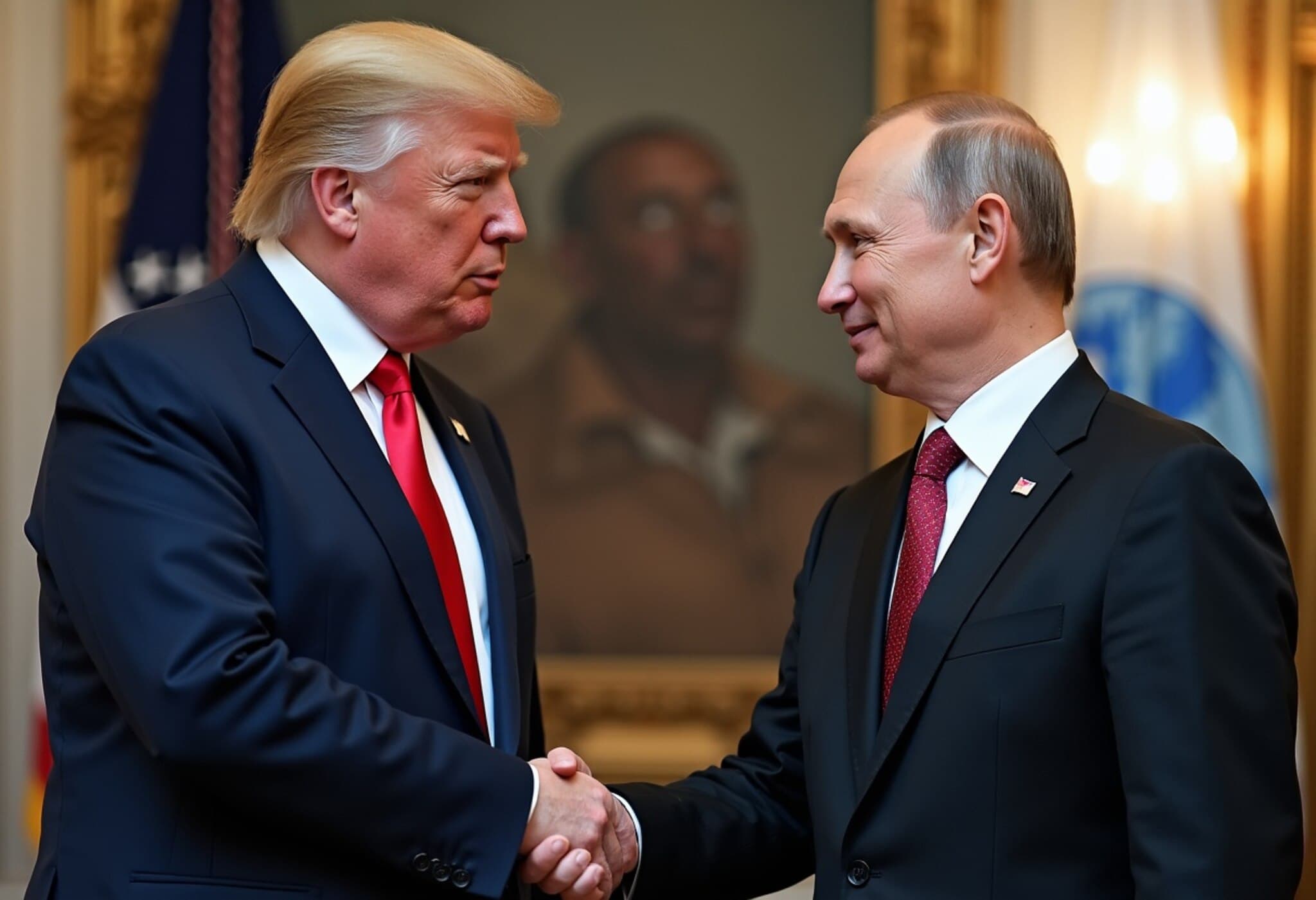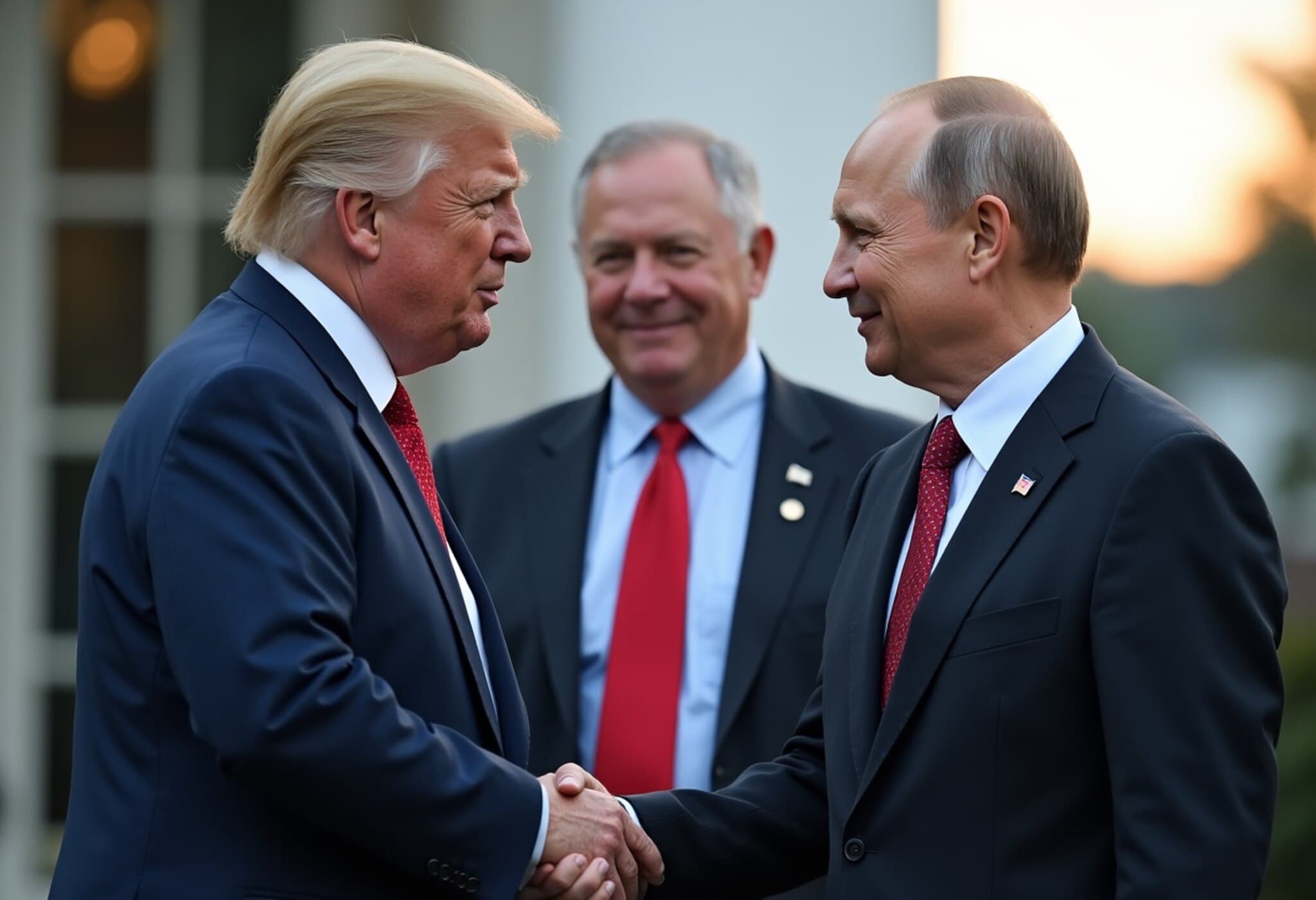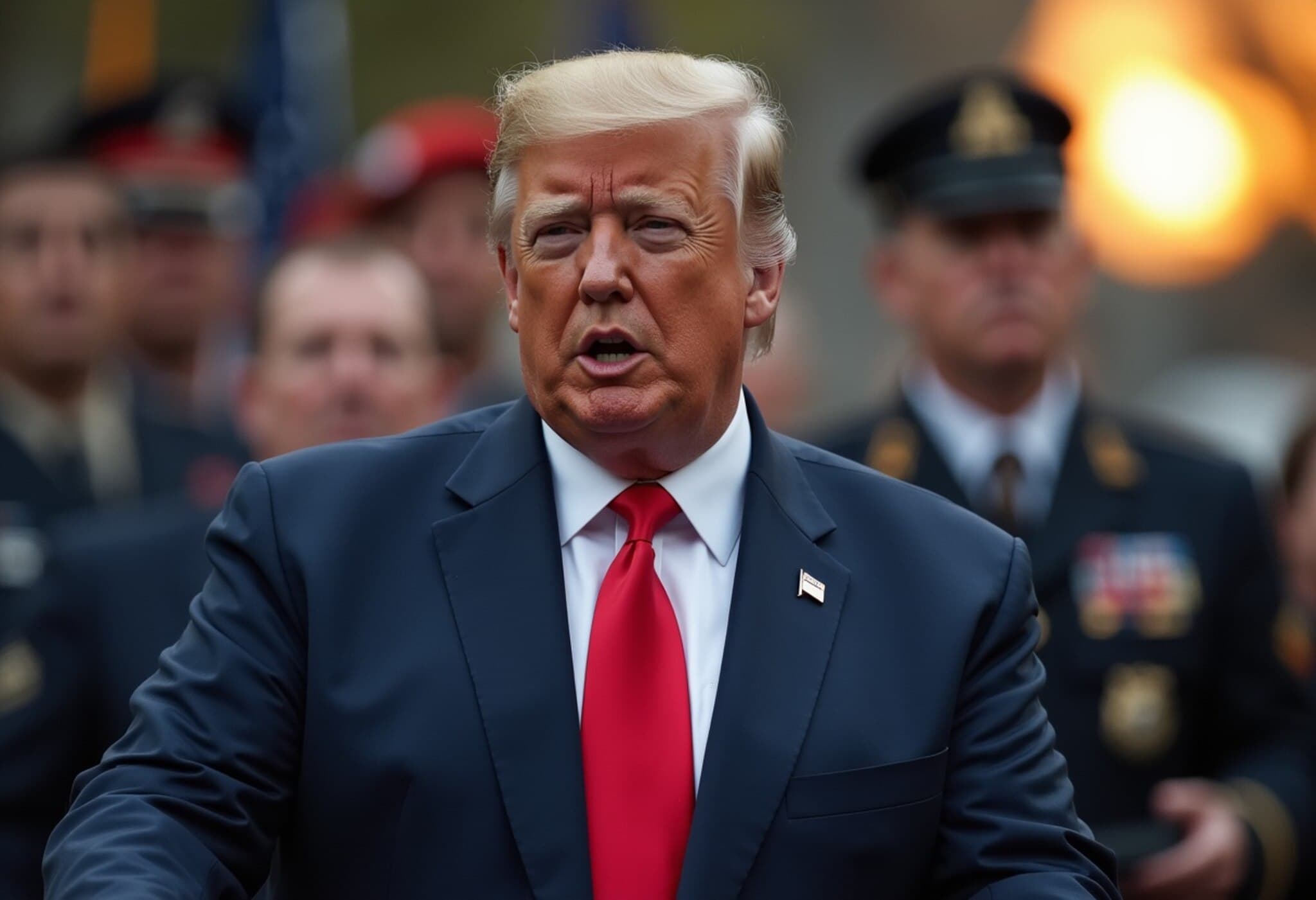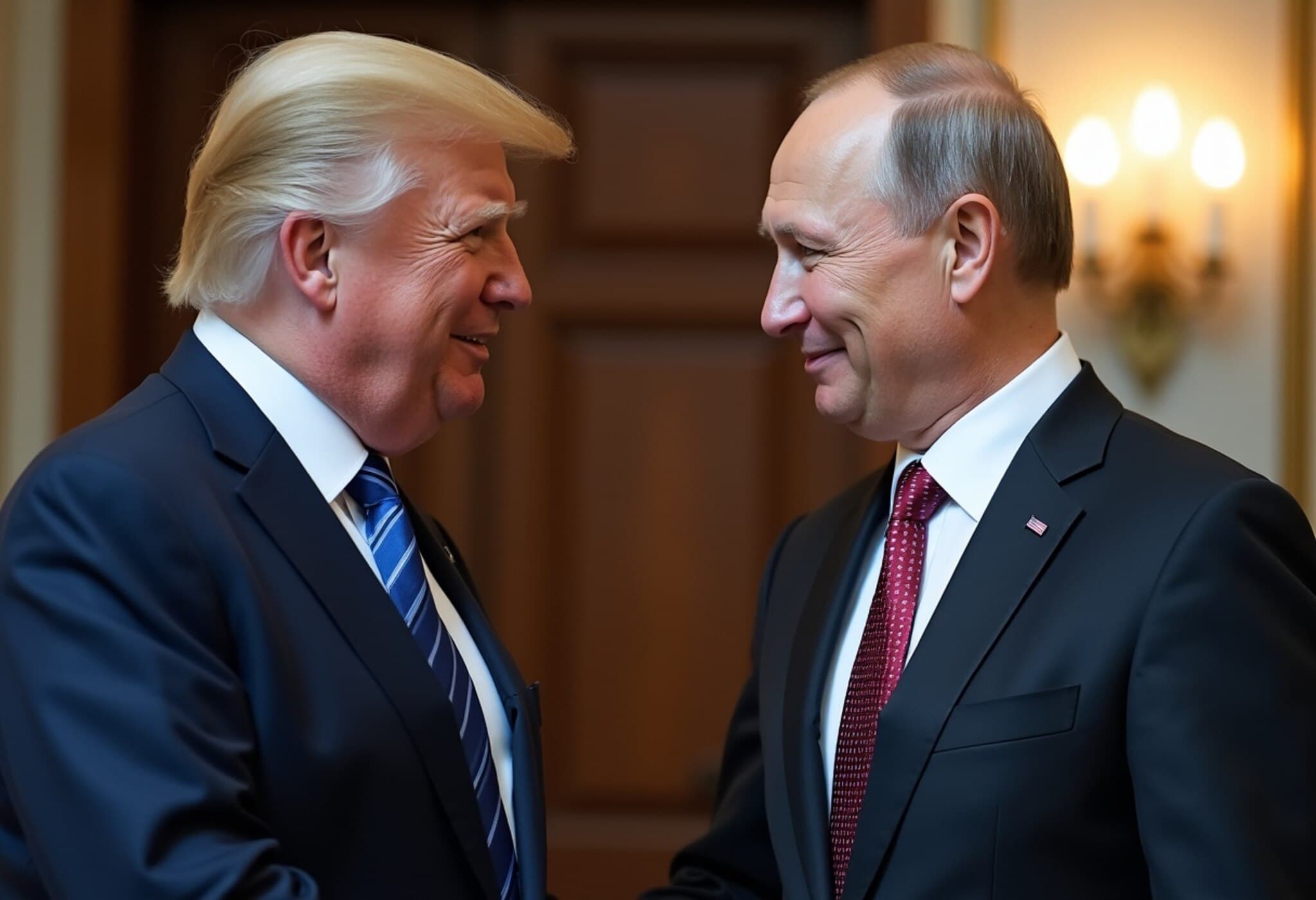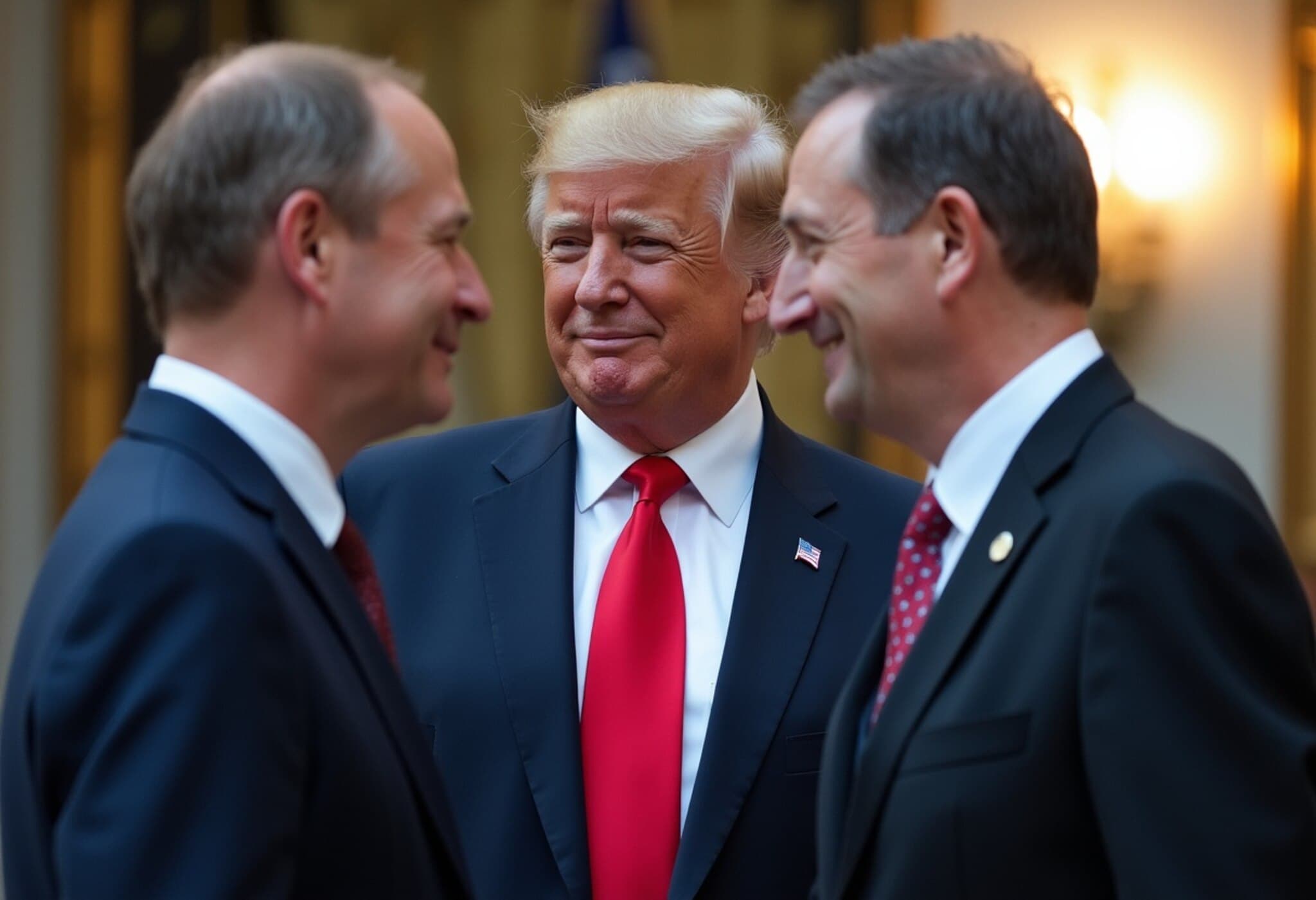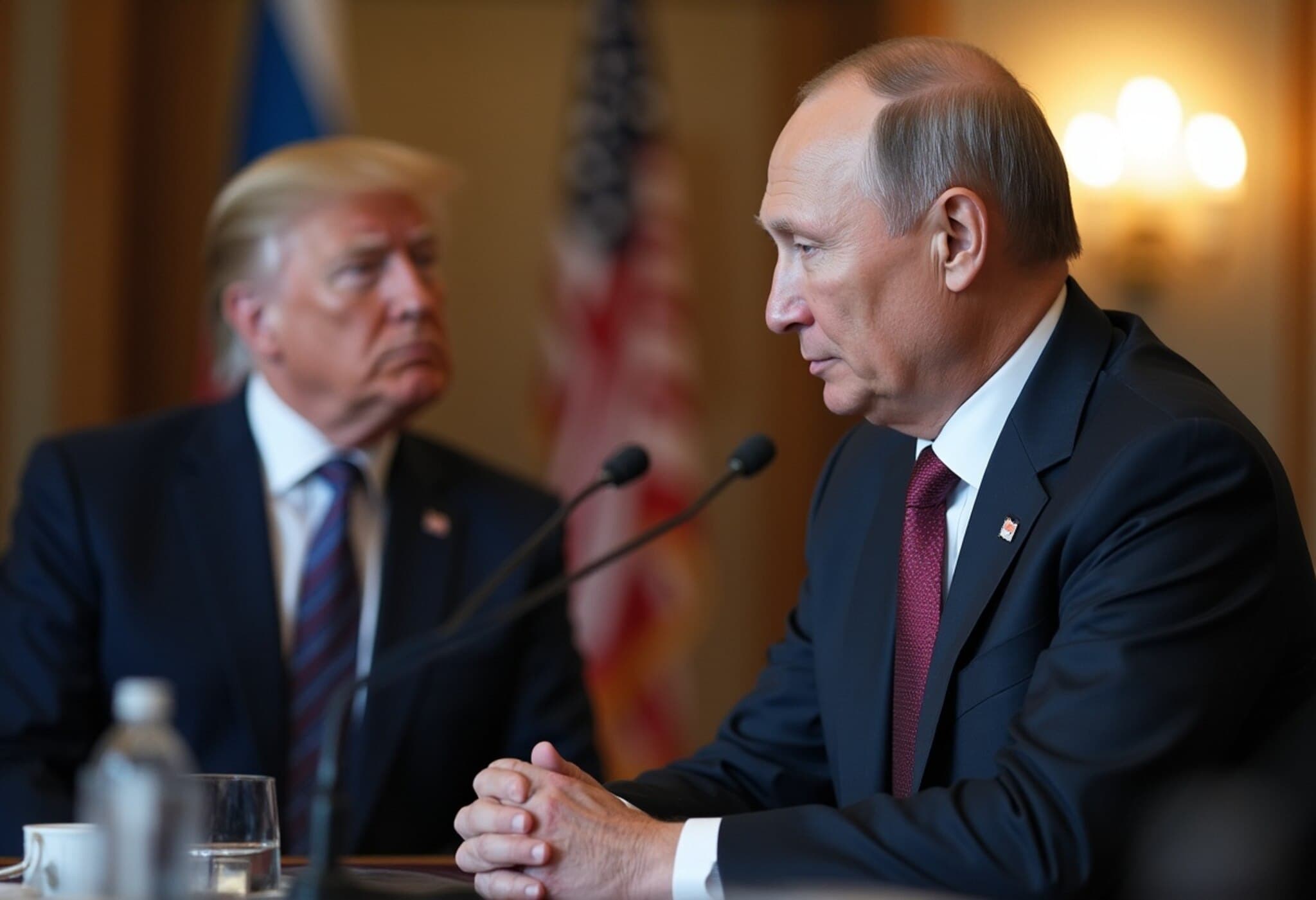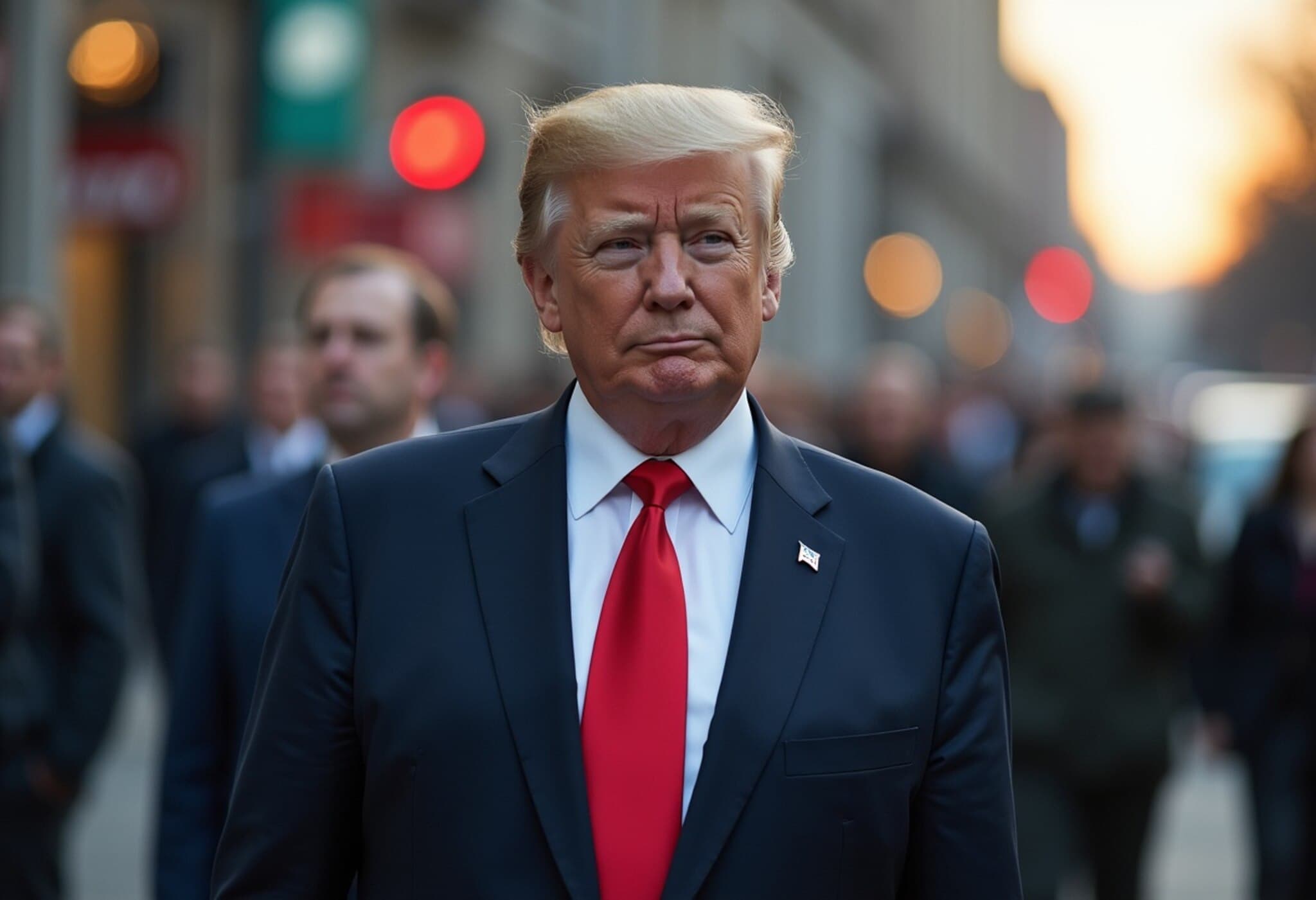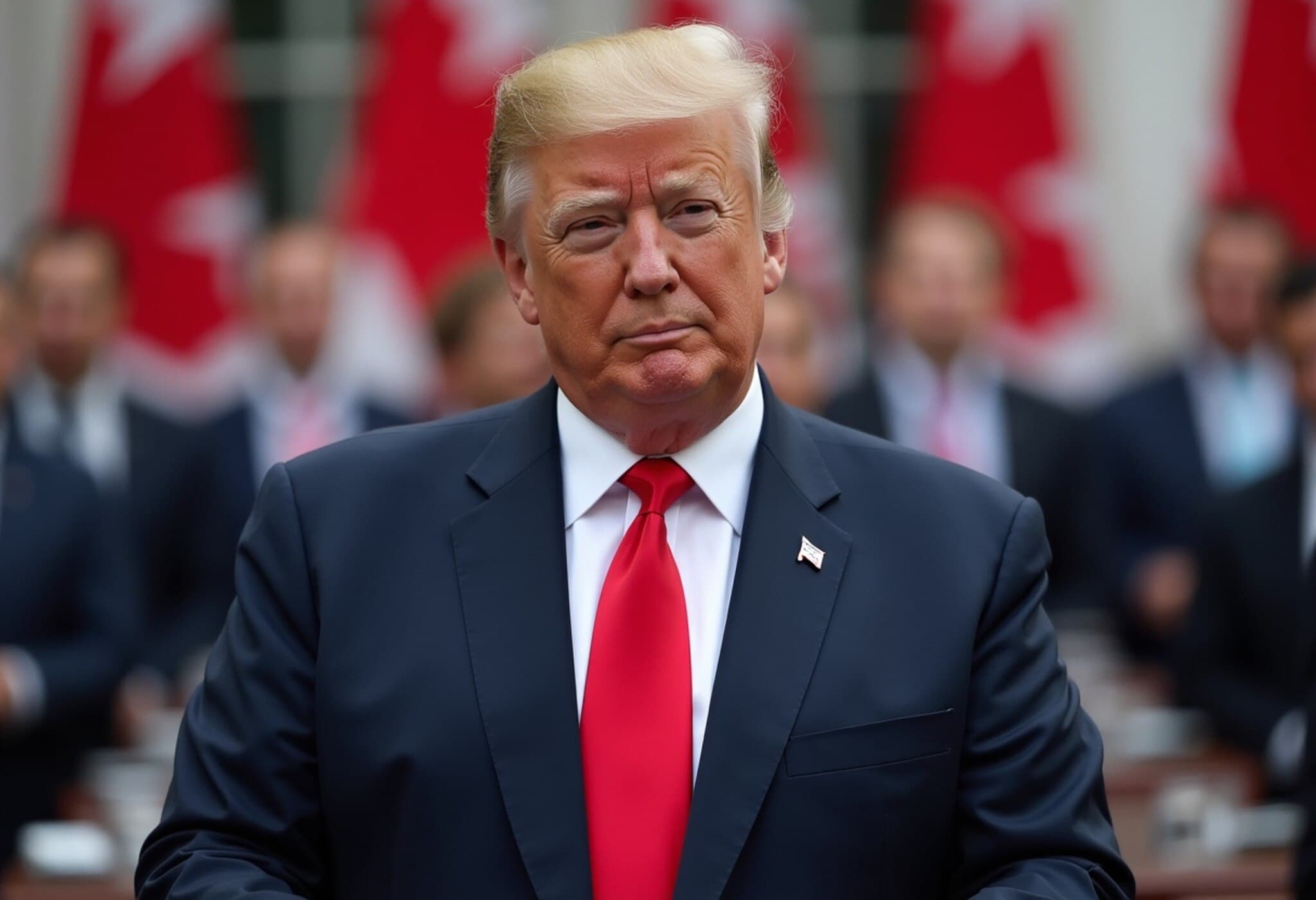Trump Criticizes Putin’s Duplicity Amid Escalating Russian Attacks on Ukraine
In a striking departure from his earlier diplomatic tone, former US President Donald Trump publicly rebuked Russian President Vladimir Putin over Moscow’s relentless assaults on Ukraine. Speaking on July 13, 2025, Trump lamented what he described as Putin’s contradictory behavior — "talking beautifully" yet aggressively launching night-time bombings across Ukrainian cities.
"I am very disappointed with President Putin," Trump said to reporters. "I thought he was somebody that meant what he said. And he'll talk so beautifully and then he'll bomb people at night. We don't like that." These remarks come amidst a flurry of recent airstrikes by Russia, marking a possible shift in Trump’s stance towards Moscow.
Russia Continues Heavy Airstrikes on Ukrainian Cities
The sharp criticism followed a brutal Russian offensive that firebombed multiple key urban centers across western and northeastern Ukraine. According to Ukrainian President Volodymyr Zelenskyy, the latest assault included 597 drones and 26 missiles launched in a coordinated strike hitting cities such as Kharkiv, Sumy, Lviv, Lutsk, and Chernivtsi.
This barrage resulted in at least two civilian deaths and injured twenty others, in addition to significant damage to civilian infrastructure—a grim reminder that the war’s humanitarian toll remains devastating as the conflict drags into its fourth year.
Sanctions: A Growing Bipartisan Push and Possible Policy Reversal
Amidst these events, the prospect of new sanctions against Russia looms large. Trump cautiously indicated uncertainty but left the door open for tougher economic measures, saying, "We're going to see what we will see tomorrow... Europe has announced sanctions, but I am very disappointed with President Putin."
Notably, a bipartisan coalition in the US Senate is advocating for a sanctions bill that would grant sweeping powers to the president to impose “sledgehammer” restrictions aimed at crippling Moscow's war machine. Trump's prior preference for diplomacy appears to be tested as recent developments nudge him toward a harder line.
Significantly, an anticipated announcement scheduled for Monday, July 14, 2025, when Trump plans to meet NATO’s Secretary General Mark Rutte in Washington, could signal a pivotal shift in US policy. Concurrently, US special envoy Keith Kellogg is set to visit Ukraine, reaffirming America’s engagement on the ground.
US Commits to Sending Patriot Air Defense Systems to Kyiv
Adding military muscle to diplomatic pressure, Trump confirmed the US intention to deliver the much-needed Patriot air defense missile systems to Ukraine. While the exact number has not been finalized, he emphasized the urgency: "We will send them Patriots, which they desperately need."
This move reverses earlier White House considerations to pause arms shipments, instead establishing a new arrangement where NATO allies will financially reimburse the United States for the advanced weaponry provided. "We basically are going to send them various pieces of very sophisticated military and they’re going to pay us 100 percent for them," Trump remarked. "It’ll be business for us." This financial model aims to maintain US military support for Ukraine without unfettered expenditure.
Context and Insight: What This Means for the Ukraine Conflict
With the war in Ukraine entering its fourth year, these developments highlight the complex balancing act Washington faces—leveraging military support and economic sanctions alongside diplomatic engagement. Trump’s latest statements suggest a nuanced recalibration, perhaps signaling that a purely diplomatic approach has faltered in the face of Russia’s unrelenting aggression.
From a strategic perspective, supplying Patriot systems can bolster Ukraine’s aerial defenses, potentially reducing civilian casualties and infrastructure damage from future missile and drone attacks. Economically, encouraging NATO to contribute financially for advanced weaponry could set a precedent for burden-sharing among allies, easing American financial commitments while maintaining robust support.
Moreover, the potential sanctions signal send a stern warning: Moscow’s military tactics and disregard for human life come with increasing international costs. Yet, experts caution that sanctions alone may not alter Kremlin calculus, underscoring the importance of synchronized diplomatic, military, and economic strategies.
Underreported Dimensions and Open Questions
- Diplomatic Nuances: How will Russia interpret Trump’s criticism—will it provoke escalation or open a channel for renewed dialogue?
- Sanctions Impact: What specific sectors or elites in Russia would be targeted, and can sanctions meaningfully pressure Kremlin leadership without hurting ordinary citizens?
- US-NATO Coordination: How sustainable is the NATO reimbursement model for arms supplies, and could it reshape future defense collaborations?
- Long-Term Strategy: With hostilities prolonged, what are the prospects for a ceasefire or negotiated settlement, considering both sides’ entrenched positions?
Editor’s Note
The evolving US stance, reflected in Trump’s recent remarks, underscores the unpredictable nature of global diplomacy amidst protracted conflict. While military aid and sanctions remain critical tools, the question remains: can these measures compel a meaningful change in Russia’s war calculus? Observers should watch closely the upcoming NATO-US discussions and the implementation of new military support mechanisms. The unfolding events remind us that behind geopolitical strategies are enduring human stories—communities caught in crossfire, the resilience of Ukraine’s people, and the international community’s search for lasting peace.
As the situation develops, staying informed and critically engaged will be pivotal for understanding not just the facts, but the broader implications shaping the future of European security and global norms.

